A House That is Only as Safe as Flesh
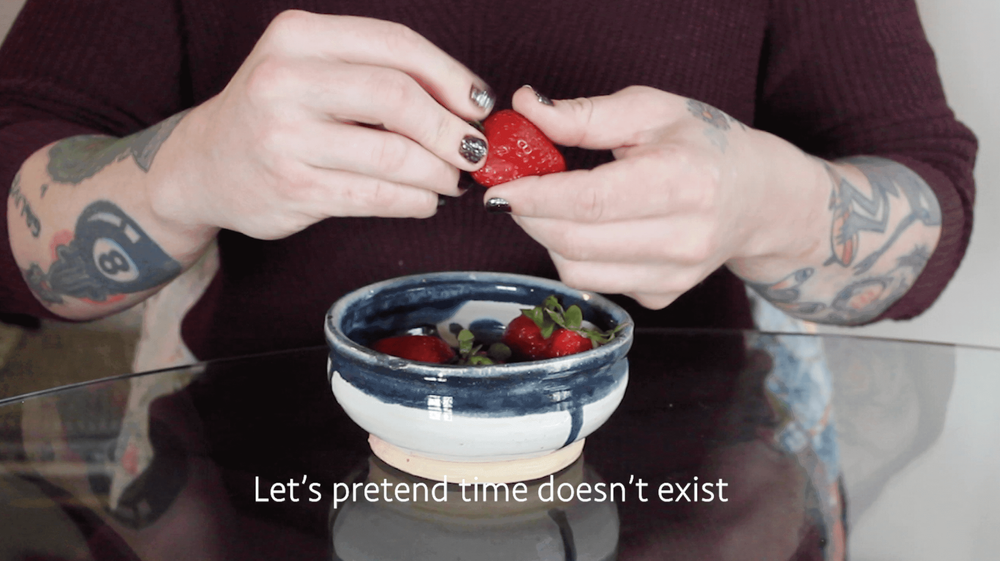
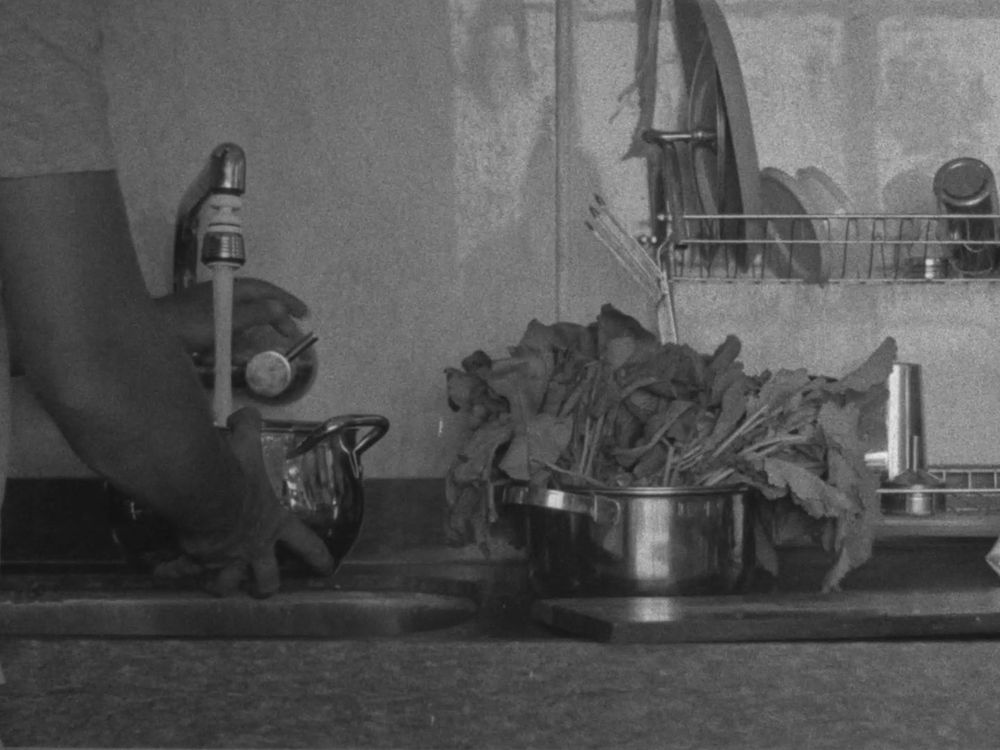
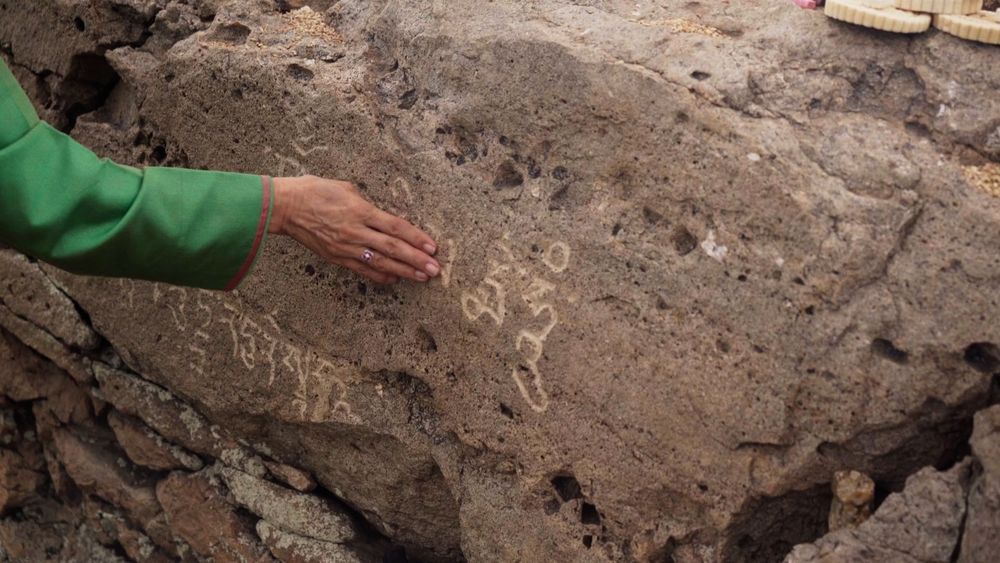
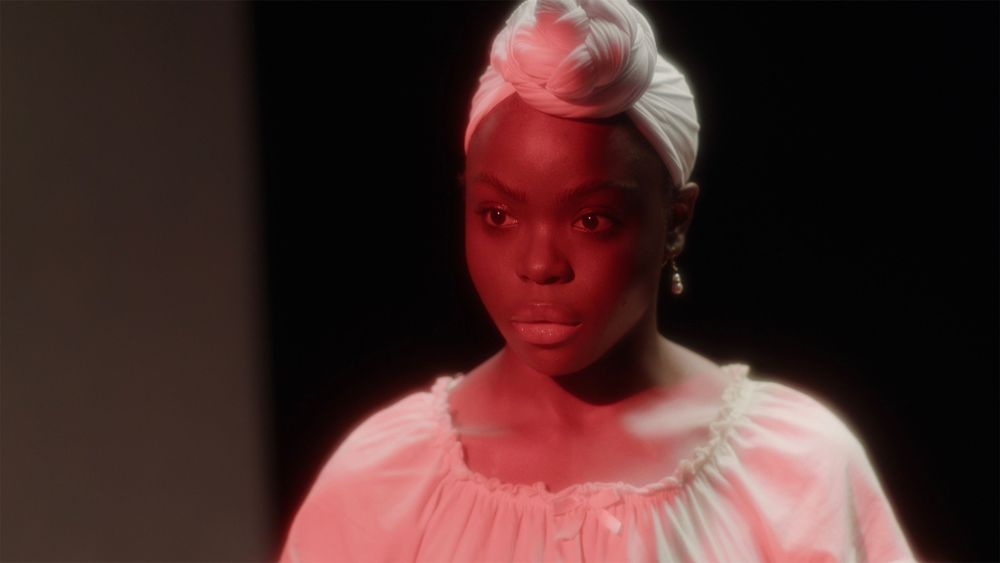
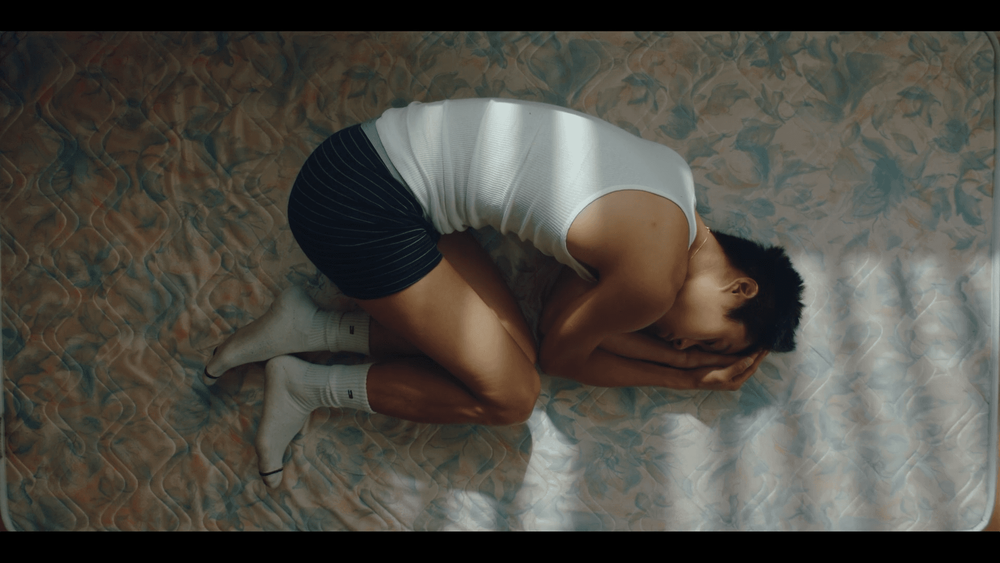
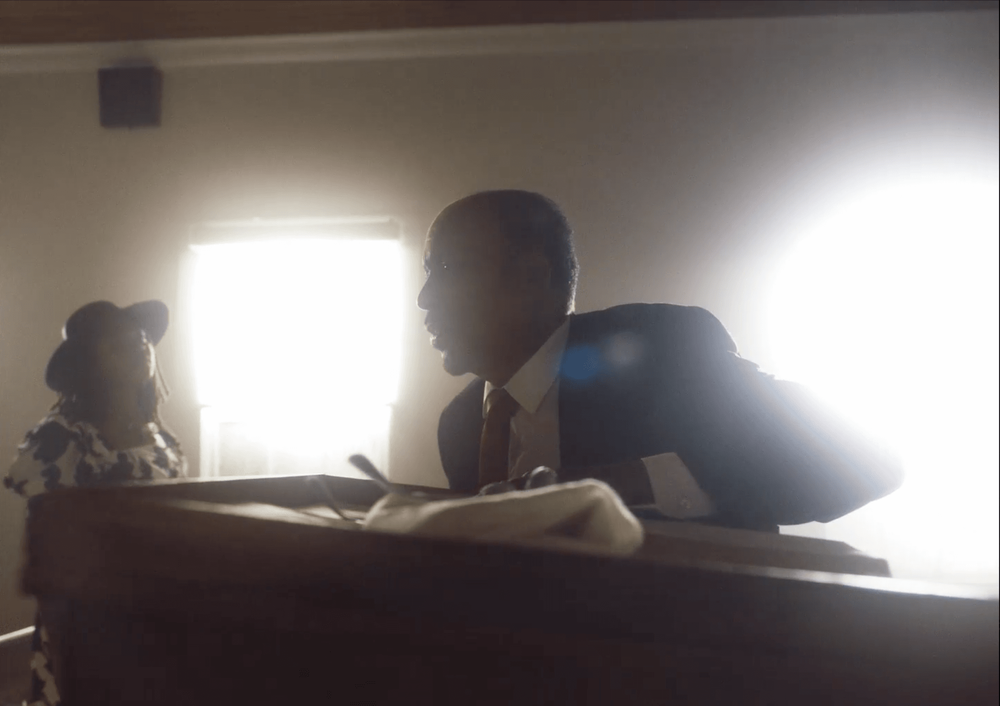
Grand Mother Tongue
Chanelle LajoieGrand Mother Tongue pairs poetry, spoken in Plains Cree, and breath with the intimate imagery of strawberries being consumed bite by bite, finger lick by finger lick. These stories work to build a foundation of queer desire, heart medicine, and language revitalization.
In the introduction to her book Demonic Grounds: Black Women and the Cartographies of Struggle, Katherine McKittrick describes the work of writer and poet Dionne Brand as “demonstrating that geography, the material world, is infused with sensations and distinct ways of knowing: rooms full of weeping, exhausted countries, a house that is only as safe as flesh.”
This program considers the distinct ways of knowing a place, and one's place in it, that are inherited from or taught through mothering. When I speak of mothering here, I am invoking the words of Cynthia Dewi Oka who looks at mothering not as a biological function but as a social practice available to the spectrum of gendered bodies and their many relations. She writes:
Mothering as a revolutionary praxis involves exploring how we might reorganize ourselves to meet common needs in this historical moment, including the capacity to nurture whole, resilient individuals as well as autonomous communities of resistance. [1]
From the work of these three writers, questions begin to swirl: What might a matrilineage based on Cynthia’s definition of mothering look like? What ways of knowing might be revealed when thinking about matrilineages as geographic practice? When the mother is a place one can return to, what sensations might be speakable, maintained, inherited? And what happens when one cannot return to the place of mother, either as a child or as a mother themselves?
Filmmakers Zandashé Brown, Alger Liang, Xenia Matthews, Udval Altangerel, Karan Talwar and Chanelle Lajoie present a series of motherhoods that traverse spatial-temporal labyrinths and generously hold space for this line of questioning.
[1] Alexis Pauline Gumbs, China Martens, and Mai'a Williams, Revolutionary Mothering: Love on the Front Lines (Oakland, CA: PM Press, 2016).
Zandashé Brown is a writer/director born and bred in southern Louisiana. Her work raises a Black femme lens to the tradition of Southern Gothic horror by exploring catharsis, spirituality, and Southern experience. She's a 2022 Sundance Screenwriters and Directors Lab fellow and one of Filmmaker Magazine's 25 New Faces of Independent Film for 2022.
Alger Ji-Liang (he/him) is an emerging interdisciplinary artist and filmmaker based on the unceded territories of the Squamish, Tsleil-Waututh, and Musqueam nations (Vancouver). Alger’s works explore lived and shared experiences of navigating identity, grief, and space. Alger thinks a lot about kin, love, and (re)orientations.
Alger Ji-Liang (he/him) is an emerging interdisciplinary artist and filmmaker based on the unceded territories of the Squamish, Tsleil-Waututh, and Musqueam nations (Vancouver). Alger’s works explore lived and shared experiences of navigating identity, grief, and space. Alger thinks a lot about kin, love, and (re)orientations.
Xenia Matthews is an innovative film/visual artist whose work explores personal experiences of black womanhood, the body, and the soul—externalizing what often only exists internally. Her impactful work has been recognized by Filmmaker Magazine in “25 New Faces” and festivals like Sundance, NFFTY, and now Images. In the future, she seeks to create immersive installation experiences.
Udval Altangerel is a Mongolian filmmaker based between Ulaanbaatar and Los Angeles. In her work, she explores the themes of personal and national histories, language, and
(home)land. Udval received her MFA in Film Directing from the California Institute of the Arts.
Karan Suri Talwar is a filmmaker, arts enabler and founder at Harkat Studios, an interdisciplinary arts studio, film lab and alternative performance space based in Mumbai. His work involves working with his hands, making films and installations, and devising new ways of seeing.
Chanelle Lajoie is a Queer Red River Métis Futurist and guest on Tiohti:áke Territory studying at McGill Law. Moving-image invites balance in their life by honoring and engaging with the communities to which they belong. They are currently conducting research for the National Indigenous Media Arts Coalition (2021-22).
Zandashé Brown
Alger Ji-Liang
Xenia Matthews
Udval Altangerel
Udval Altangerel is a filmmaker and programmer based in Ulaanbaatar and Los Angeles. In her work, she combines experimental, documentary, and narrative elements to explore the themes of personal and national histories, language, and (home)land. She is currently taking time off her studies at CalArts to work on her thesis, an autoethnographic essay film about her ancestral land.
